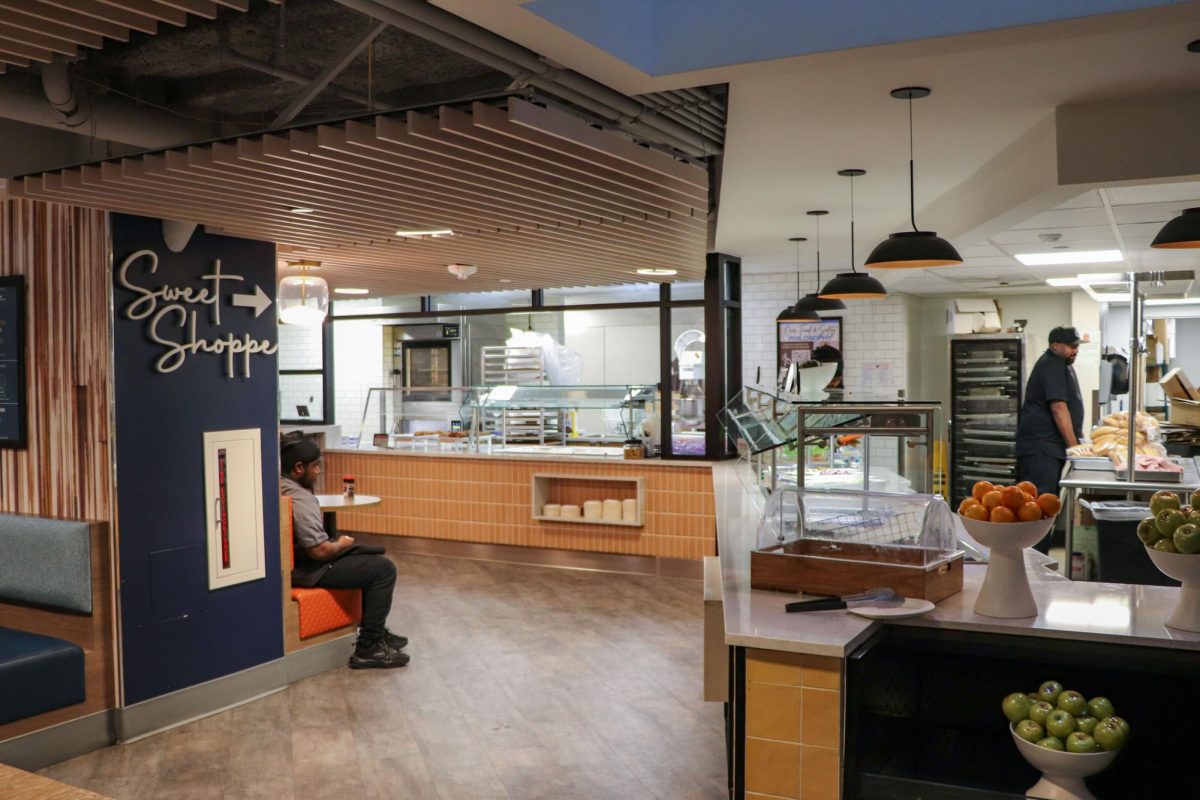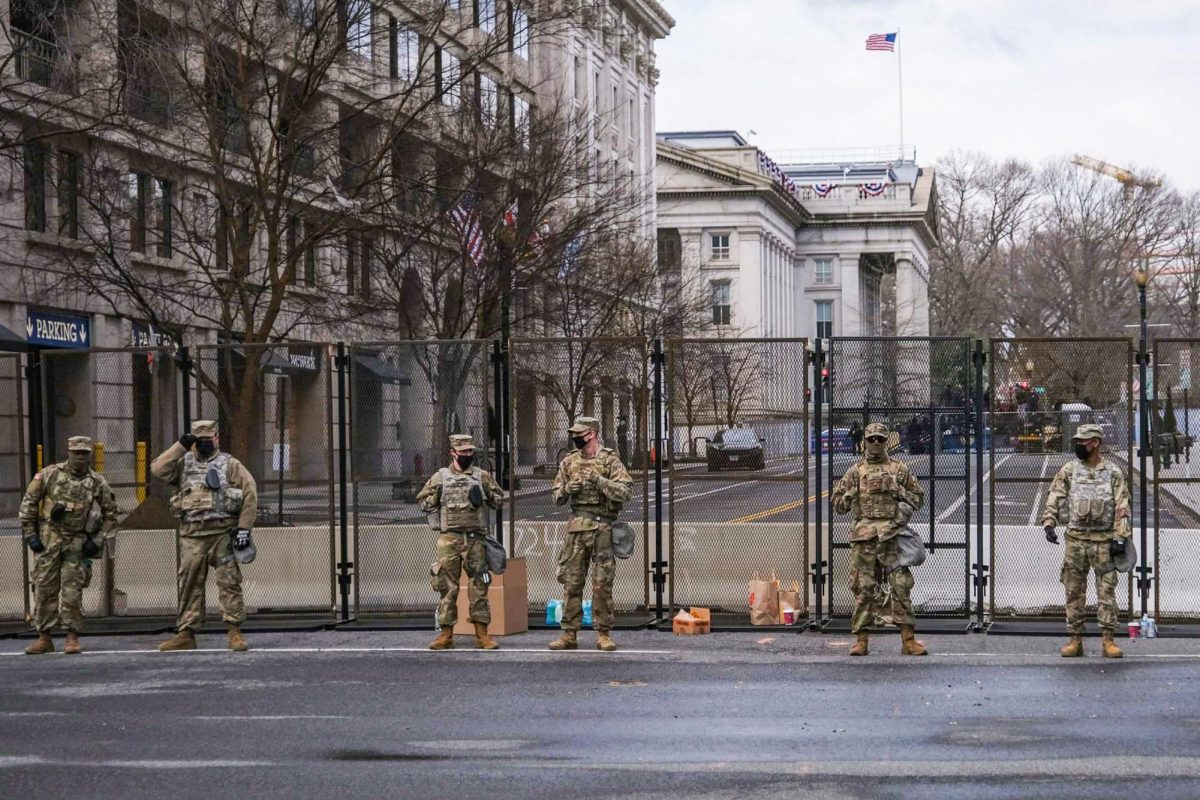As caller-IDs become the norm and more people ditch landlines for cell phones, the fundraising game is getting tougher for the University’s student-run call center.
Student staff at Colonial Connection sit in cubicles for 20 hours a week, cold calling parents and alumni to solicit donations. But over the last fiscal year, the call center has raised $500,000 – a 30 percent dip from the year before, while online donations increased 50 percent, reaching nearly $1 million for fiscal year 2012.
On good days, the call center is noisy – with students chatting about the soon-to-be Science and Engineering Hall or the 10-year strategic plan. Calls are answered about 25 percent of the time, and about 40 percent of those who pick up end up donating.
Still, Colonial Connection’s figures this fall are down $20,000 compared to this time last year, offset by a 75 percent jump in online giving this fall. Donors have given $200,000 online as of this week.
While the office brings in only about 5 percent of GW’s annual donations, director of annual giving Rebecca Trump said, the calls bring in more new donors than any other method.
“If you have not been engaged with the University for years and you pick up the phone and there is a smart, articulate GW student on there talking about all of the great things that have been going on campus since you were here, that is much more compelling than getting a letter that you might toss in the trash,” Trump said.
Last year, 1,300 donors made their first gift through Colonial Connection. While mailed-in funds – which totaled nearly $1.2 million last year – continues to outpace gifts by phone, the average size of each gift that comes by letter is much lower.
As the University grows its fundraising staff and develops new ways to reach out to donors – like giving out grants to student organizations to invite alumni to campus events – it is maintaining a focus on its telephone-trained student sales force. Efficiency has also been a focus for the Division of Development and Alumni Relations, which began tracking the amount it spends to raise each dollar a few years ago. The University’s fundraising chief said last month that his office spends 21 cents for each dollar raised – which totaled a record-breaking $120 million last year.
More than 50 students now work at Colonial Connection, which has changed locations more than once in the last few years to fit more callers. The student employees make a minimum of $10.50 an hour – with bonuses ranging from $50 to $100 over a semester– and receive training to improve their communication skills.
The challenge is reaching younger alumni through the traditional calling method, which Trump said is also a struggle for college fundraisers across the country. While recruiting new donors is a constant goal for the office, callers are also tasked with maintaining older relationships. The majority of those who give over the phone are not first-time donors.
“New donors are less likely to pick up the phone than somebody who has been giving to GW for years and feels connected to the University when they are looking at caller ID,” Trump said. “It is a struggle, and it is going to continue to be a struggle. That’s no secret.”
The University has pulled in more than $1.8 million in annual gifts so far this year, which Trump said put the office on track to reach the $11 million of annual gifts brought in last year.
Organizations nationally are having a harder time drawing in donations through phone calls, Holly Hall, a reporter for the Chronicle of Philanthropy, said. Still, most organizations agree that phone calls are a better way to connect with potential donors than email or postal mail, and many continue to rely on the more traditional method, which is most effective among prospective elderly donors, she said.
But fundraisers are increasingly adding digital components, like text messaging and social media, on sites like Facebook, Twitter and LinkedIn, to their efforts to catch hard-to-reach donors. Organizations are stressing strategy, calling only donors who have already expressed interest, or crafting persuasive pitches to engage the person on the other line, to make the most of each call, according to a September report from the Chronicle of Philanthropy.
Fundraising has been a top goal for University President Knapp since he came to GW in 2007 looking to reduce the school’s tuition dependency and use gifts to build up its financial footing.
Student staff at Colonial Connection receive scripts to introduce themselves, and they work to engage the person on the other end of the line. But each conversation takes its own turn, callers said. Sometimes a student informs alumni about University programs and events, like Alumni Weekend, and sometimes they strike up a conversation about their GW experience.
“I can gain insight from alumni. It was great to hear feedback from people that have been through what I have been through,” Kat Marchione, a senior at GW and a senior manager at Colonial Connection said.






